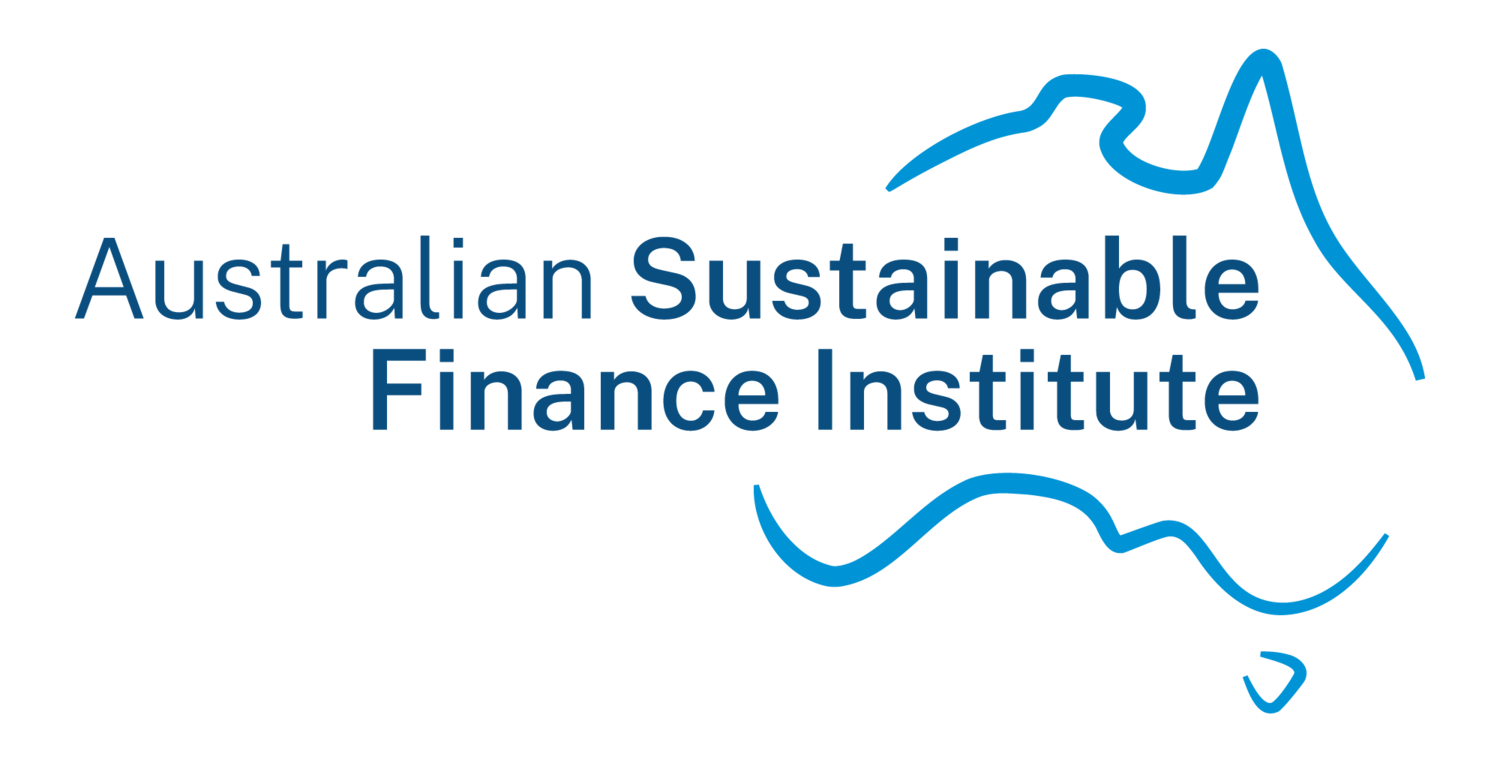ASFI Newsletter - April
This month, we’re exploring the big ideas driving Australia’s transition to a more sustainable and resilient financial system — from trade and climate finance policy to cross-sector collaboration on sustainable finance.
We’re excited to be launching a new report from Kaya Partners exploring how Australia can use trade and climate finance policy to seize the opportunities in green commodity exports, cement its position in the Indo-Pacific and underwrite the development of clean industry at home and abroad. On 15 May, we’ll bring together experts from across the sector to unpack the Australian Sustainable Finance Action Plan 2025-2027 and discuss opportunities for cross-sector collaboration, the implications of the Federal election, and other relevant market and policy developments. Scroll below to learn more.
Read on for:
Reflections from our roundtable with the World Benchmarking Alliance, ‘Tools, and Benchmarks for a Transition to a Nature-Positive Economy’
A new guide from the World Economic Forum is assisting financial institutions to assess company efforts to align their strategies with nature-positive goals.
Insights, Tools, and Benchmarks for a Transition to a Nature-Positive Economy
We were pleased to host a lunch roundtable in partnership with the World Benchmarking Alliance (WBA) earlier this month to discuss challenges and opportunities for financial institutions in driving real economy action on nature. The discussion brought together key stakeholders to explore how initiatives, benchmarks and tools can support the Australian finance sector with decision making, risk management, and engagement with customers and partners. Thank you to all who joined us for this important conversation and to NAB for hosting us.
2025-26 Federal Budget Wrap
Last month, the Albanese Government released its 2025-26 Federal Budget. Overall, it is a restrained work with few surprises. The largest investments were made in infrastructure projects, including previously announced commitments under the Future Made in Australia agenda for green aluminium and bailing out the Whyalla steelworks. Measures to further the sustainable finance and broader sustainability agendas are largely absent. This includes no new spending for Australia’s efforts to host the UN COP31 climate conference in 2026 – an expensive task. Catch up here →
What we're reading
The World Economic Forum has published a guide to assist financial institutions to assess company efforts to align their strategies with nature-positive goals. The guide lists a range of assessment indicators relevant for financial institutions assessing their corporate clients and portfolio companies. These include companies’ exposure to nature-related risk; strategy, ambition and targets; planned nature-related spend, governance, and supplier engagement. A survey of financial institutions informed the development of the guide.
Upcoming Industry Events
2 May, 9:00am-5:00pm AEST
Wurundjeri Woi-wurrung and Bunurong Boon Wurrung Country, Melbourne, Monash University Law Chambers
Join this important conversation and engage with experts from Australia and Taiwan to explore regulatory shifts, emerging reporting standards, and the evolving landscape of sustainable finance.
15-16 May, 8:00am-6:00pm AEST.
Bidjigal Country, Sydney, University of New South Wales.
The EEC Conference will bring Australian and international thought leaders together with policy makers, industry, NGOs and consumer groups to share ideas and build relationships crucial for boosting action. Access a 10% discount on conference registration using the code ASFI10.
RIAA Conference Australia 2025
28-29 May, 8:00am-5:50pm AEST
Gadigal Country, Sydney, ICC Sydney
The RIAA Conference brings together finance, sustainability and industry practitioners to explore the future of ESG in an interconnected global landscape. From the risks of greenwashing to shifting geopolitical dynamics, examine how these challenges are shaping global and Australian investment strategies.


